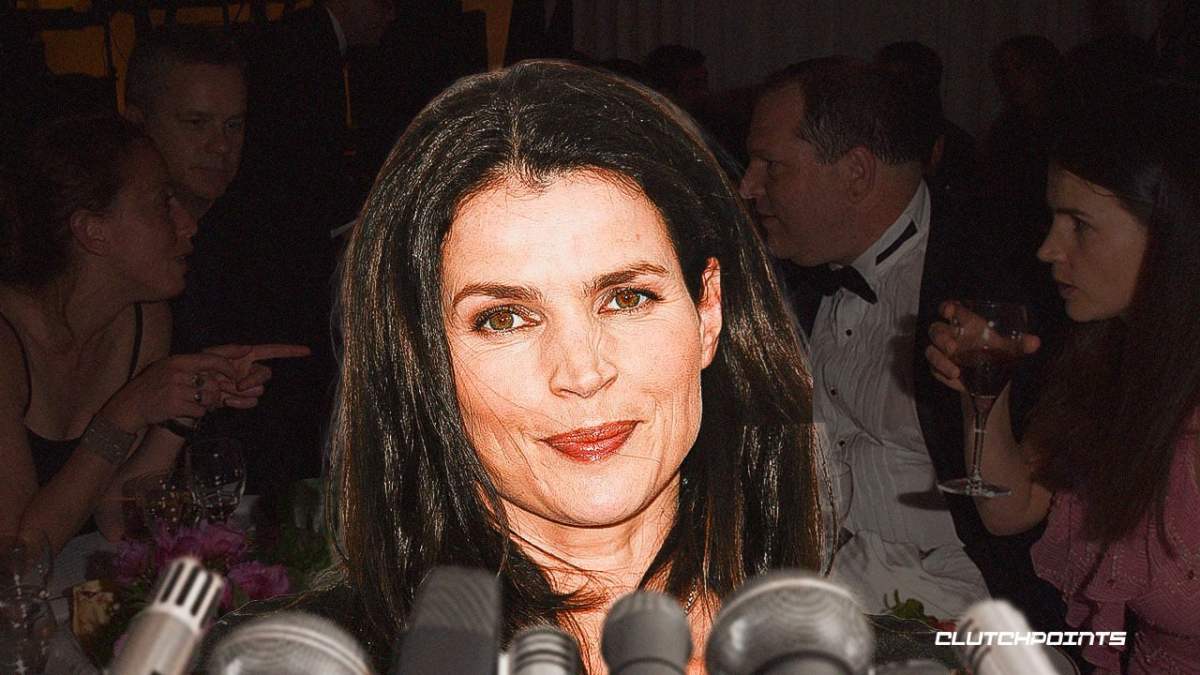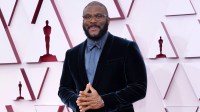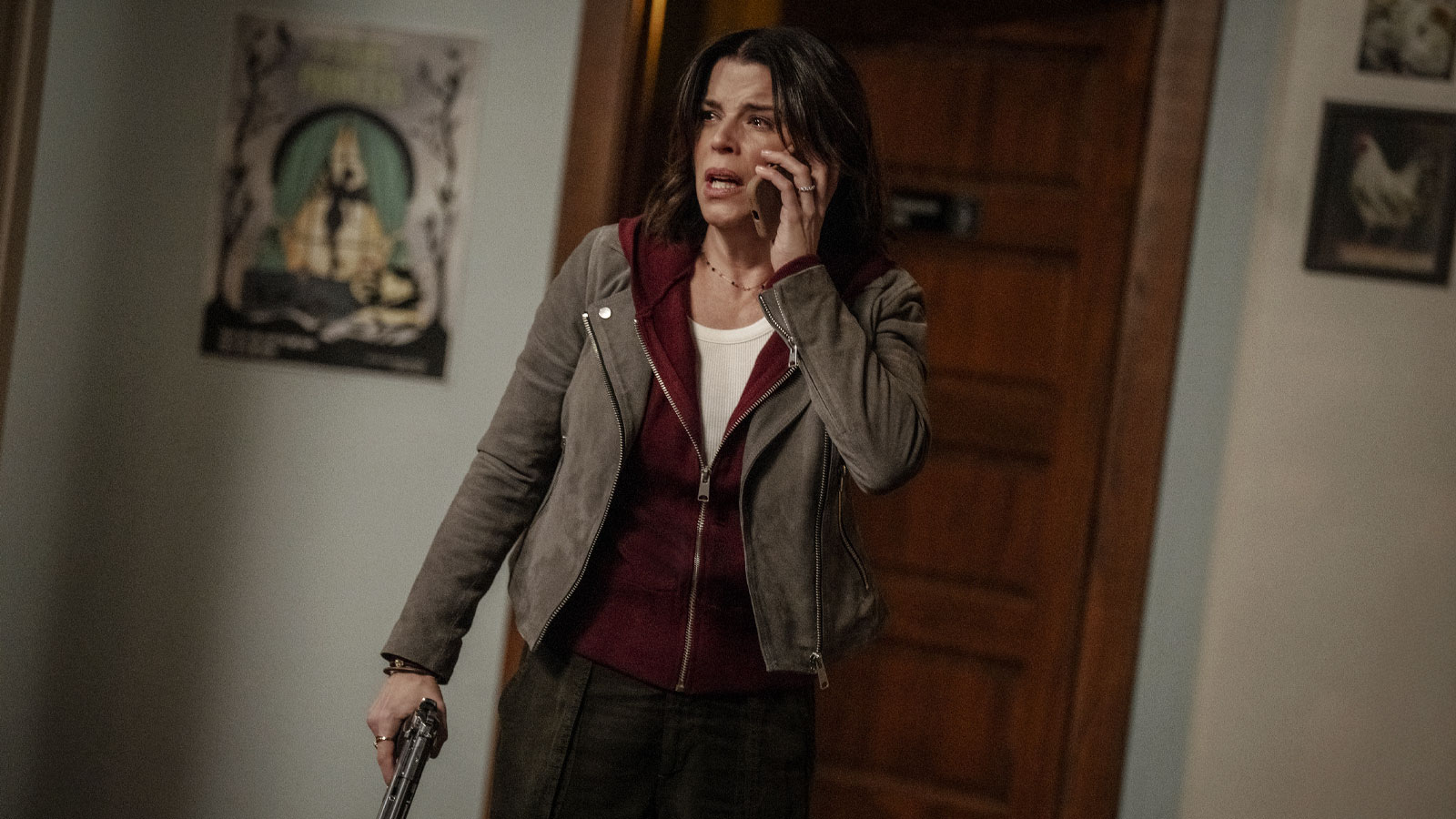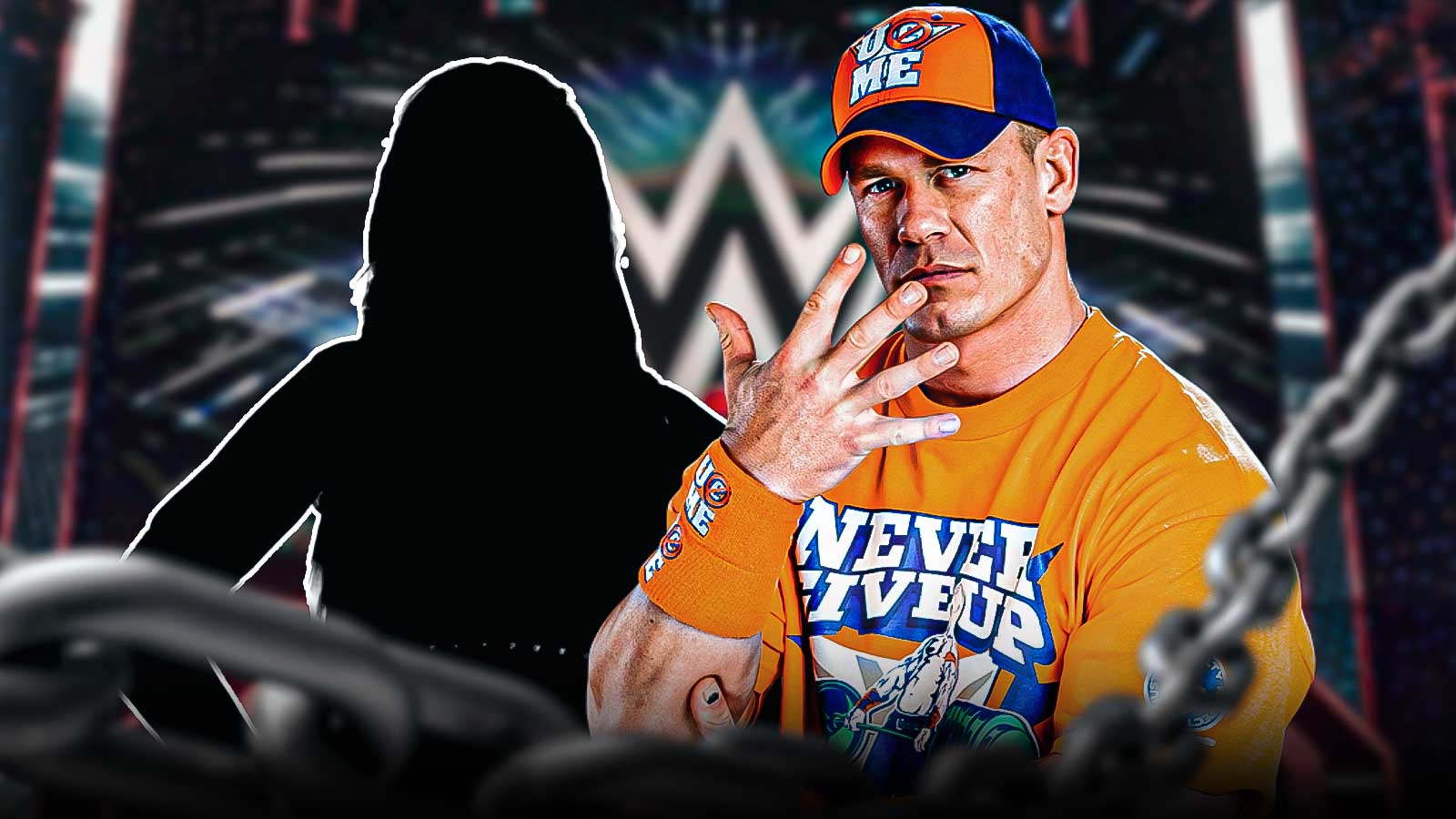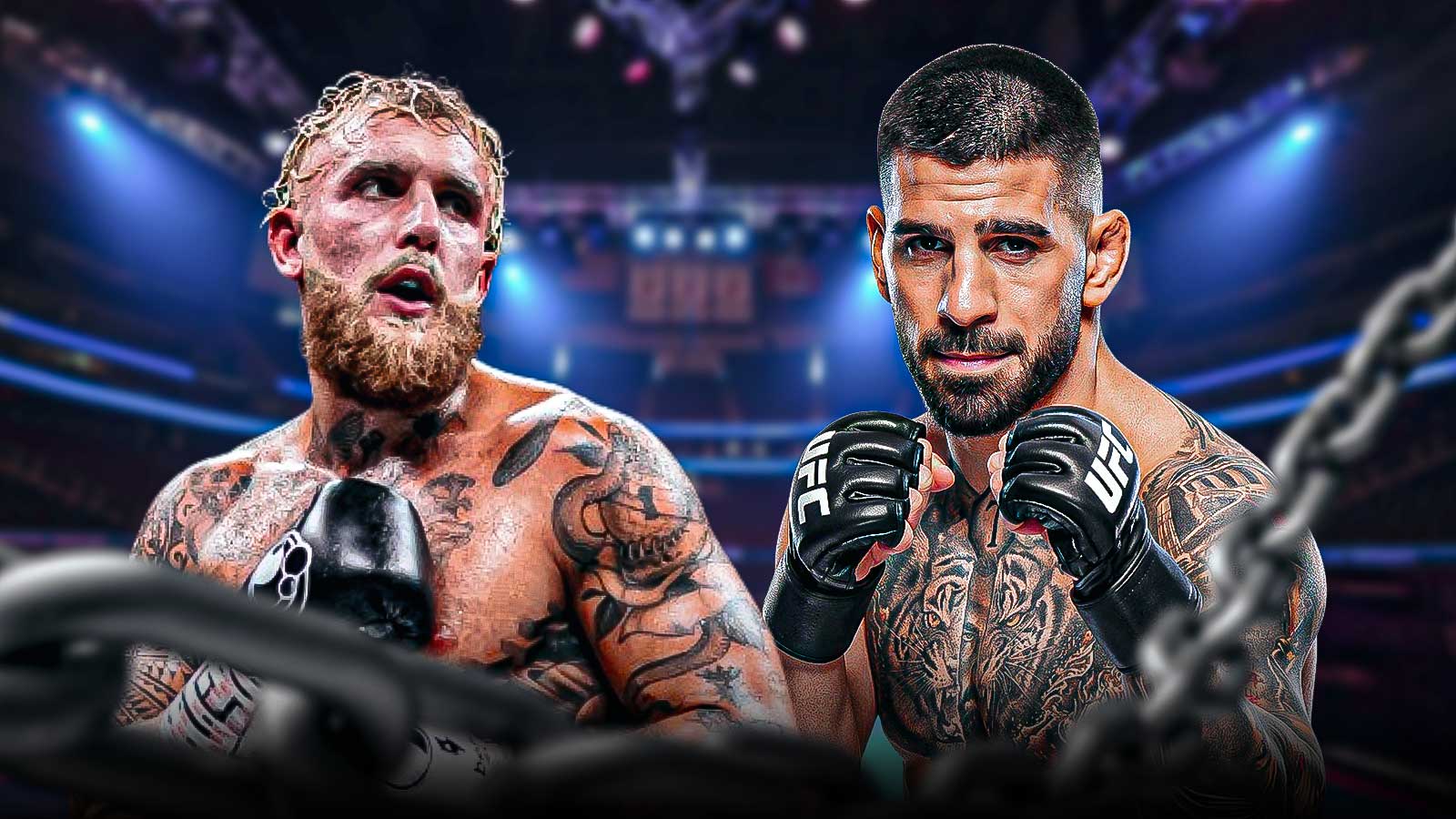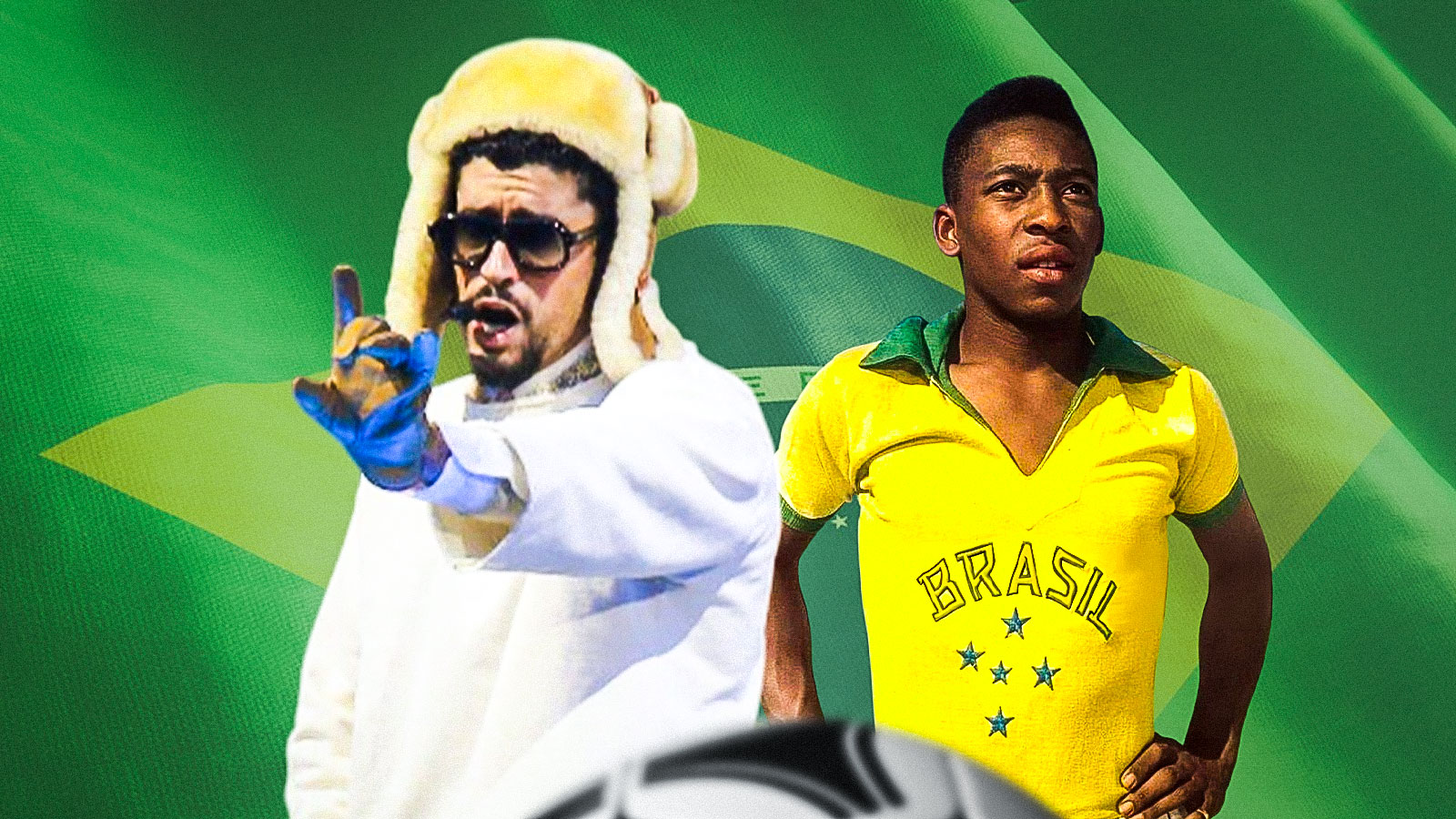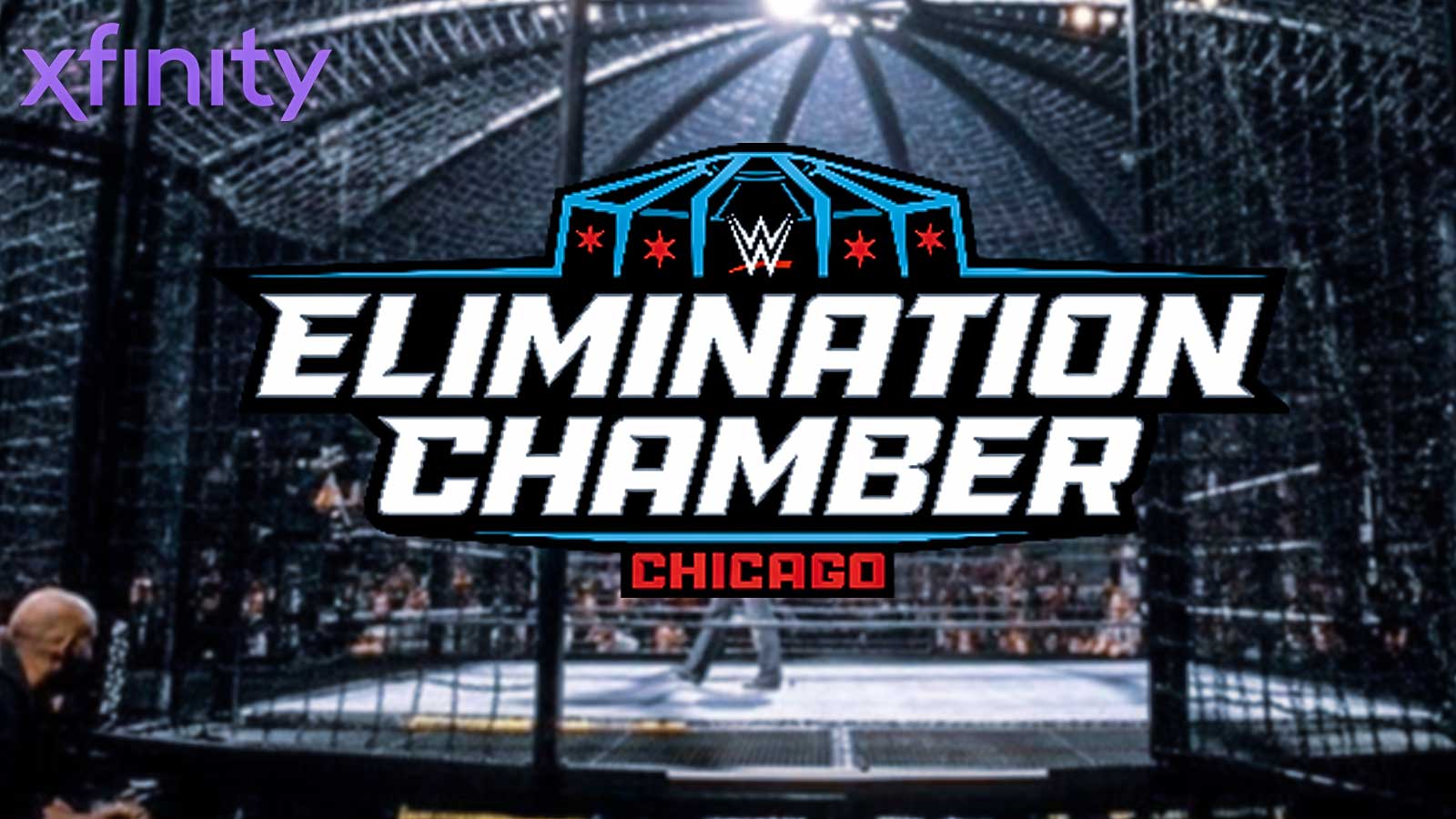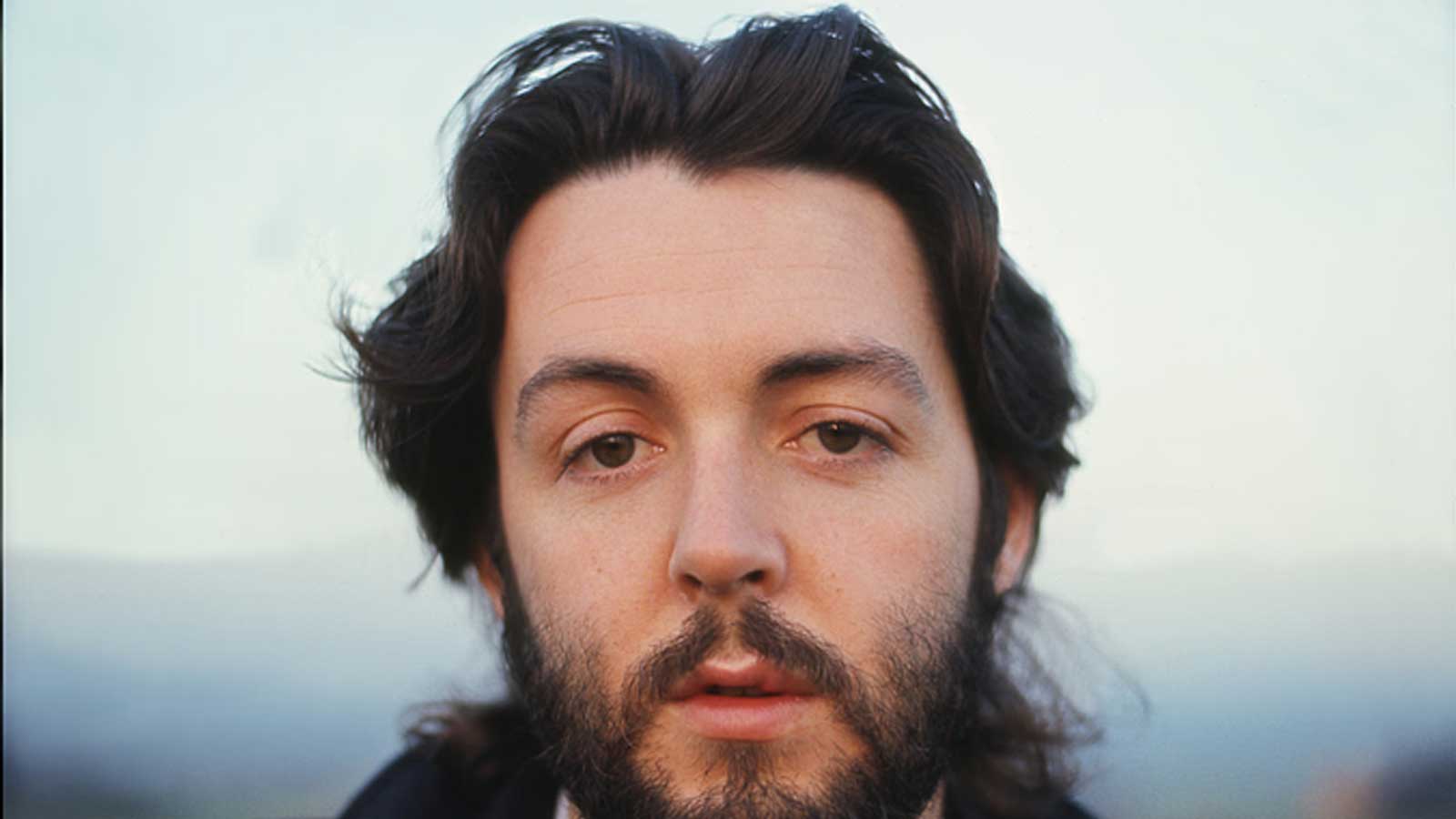In a significant and long-anticipated legal move, renowned actress Julia Ormond has taken Harvey Weinstein to court, alleging sexual battery stemming from a disturbing incident that transpired in 1995. However, her legal pursuits extend beyond Weinstein, implicating Miramax, the film company once owned by the disgraced producer, and The Walt Disney Company, which acquired Miramax in 1993, CNN reports. Additionally, Ormond's legal crosshairs target Creative Artists Agency (CAA), a major Hollywood talent agency, alleging negligence and breach of fiduciary duty.
Ormond's grievance narrates a distressing episode from December 1995 when Weinstein allegedly subjected her to sexual assault within an apartment arranged by Miramax. Subsequently, when Ormond confided in her CAA agents, Bryan Lourd and Kevin Huvane, the lawsuit claims they actively dissuaded her from pursuing legal action, ostensibly to shield her career. Tragically, her career purportedly withered as CAA purportedly withdrew its support.
Weinstein's representatives have vehemently denied Ormond's allegations, underscoring the extensive time lapse between the incident and the lawsuit's filing. Beyond the individual legal battle, Ormond's lawsuit has broader implications for Hollywood's accountability in perpetuating an environment conducive to such reprehensible conduct.
Let's take a deeper dive into this case.
Julia Ormond 1997

Julia Ormond Accuses Harvey Weinstein of Sexual Battery
Ormond, known for her roles in '90s films like “Legends of the Fall,” “First Knight,” and “Smilla’s Sense of Snow,” has filed a lawsuit against Harvey Weinstein for sexual battery. Ormond has also named CAA, The Walt Disney Company, and Miramax in the suit, alleging they enabled Weinstein's behavior.
In December 1995, Ormond claims she and Weinstein were to have a business dinner to discuss a project. However, at the dinner, Weinstein allegedly refused to discuss business and insisted on discussing it at an apartment provided by Miramax. There, he is accused of sexually assaulting Ormond, where he “stripped naked and forced her to perform oral sex on him.”
After the alleged assault, Ormond informed her agents, Bryan Lourd and Kevin Huvane of CAA, about the incident. She alleges that CAA agents cautioned her against speaking out and did not protect her. Ormond is suing CAA for negligence and breach of fiduciary duty. Miramax and The Walt Disney Company, which owned Miramax in the '90s, are being sued for negligent supervision and retention.
Weinstein, who has been convicted of rape in two jurisdictions and accused by more than 100 women of sexual misconduct, denies Ormond's allegations.
Hollywood Business Partners Face Lawsuit for Enabling Weinstein
While Harvey Weinstein has faced numerous sexual assault lawsuits since allegations surfaced in 2017, it is unusual for business partners to be named as defendants. Julia Ormond's lawsuit not only targets Weinstein but also CAA, The Walt Disney Company, and Miramax for allegedly enabling his behavior.
The complaint states that those at CAA who represented Ormond were aware of Weinstein's history. Weinstein's employers at Miramax and Disney are also accused of knowing about his misconduct. However, they allegedly failed to warn Ormond because of Weinstein's significance, power, and profitability.
CAA, Disney, and Miramax have not yet responded to the lawsuit.
Weinstein Denies Allegations, Prepared to Defend Himself
Harvey Weinstein categorically denies the allegations made by Julia Ormond. His attorney, Imran H. Ansari, states that Weinstein is prepared to vigorously defend himself. Ansari emphasizes that Ormond's complaint comes decades after the alleged incident and asserts that the evidence will not support her claims.
Julia Ormond Speaks Out Amid #MeToo Movement
Ormond has decided to speak publicly about her allegations against Harvey Weinstein as part of her commitment to change and accountability in Hollywood. She believes that systemic change is needed, and enablers must be held accountable.
Ormond initially shared her experience with her agents in the '90s. It was only during the #MeToo movement that she confided in her family and decided to speak out publicly. She felt compelled to do so because she carried guilt and shame for other women who may have suffered due to Weinstein.
Ormond first met Weinstein in 1994 at a business meeting in London, which was set up by her UK agent. They discussed potential film roles, and their professional relationship developed. Weinstein spoke highly of Ormond's talents in a 1995 New York Times Magazine article, lauding her story sense and ability to analyze scripts.
Harvey Weinstein, who was at the center of the #MeToo movement in 2017, has faced multiple legal actions and convictions related to sexual misconduct allegations.
Rounding It Out
Julia Ormond's lawsuit against Harvey Weinstein and business partners CAA, Disney, and Miramax highlights the broader issue of enabling sexual misconduct in Hollywood. While Weinstein denies the allegations, Ormond's decision to speak out is part of her commitment to fostering change and accountability in the industry. Hollywood continues to grapple with the aftermath of the #MeToo movement, shedding light on the importance of addressing such issues and holding enablers responsible.

